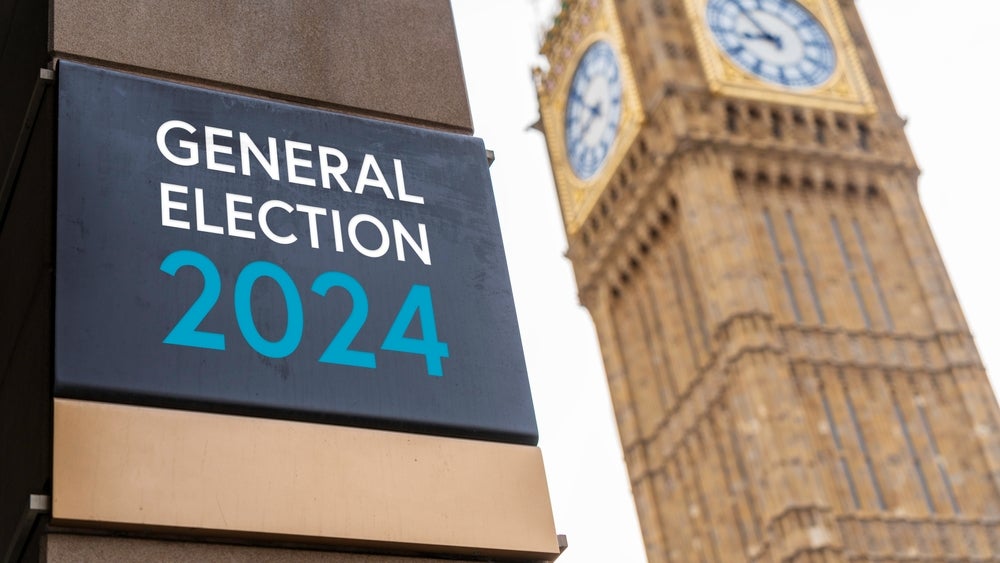In today’s corporate landscape, sustainability reporting has become a cornerstone of accountability, purportedly showcasing companies’ commitments to environmental stewardship and social responsibility.
Yet, behind the glossy veneer of these reports lies a complex web of consultants, data manipulation and selective disclosure.
The proliferation of sustainability reports is undoubtedly a step in the right direction. These reports offer insights into a company’s environmental impact, social initiatives, and governance practices.
However, what many fail to realise is the significant role external consultants play in shaping the narrative presented in these reports. These consultants, hired by companies to compile and frame data, often operate behind the scenes, unseen and unchecked.
This lack of external scrutiny opens the door to greenwashing – the practice of presenting a misleadingly positive image of a company’s sustainability efforts.
Sustainability reporting
In an article that appeared in The Conversation on April 29, entitled ‘Invisible’ consultants help companies write sustainability reports. Here’s why that’s a problem, Hendri Yulius Wijaya, a PhD student in political science at the University of Melbourne, along with Kate Macdonald, an associate professor of political science at the same institution, have highlighted several key issues with the current process of sustainability reporting.
How well do you really know your competitors?
Access the most comprehensive Company Profiles on the market, powered by GlobalData. Save hours of research. Gain competitive edge.

Thank you!
Your download email will arrive shortly
Not ready to buy yet? Download a free sample
We are confident about the unique quality of our Company Profiles. However, we want you to make the most beneficial decision for your business, so we offer a free sample that you can download by submitting the below form
By GlobalDataThey argue that as companies worldwide increasingly publish sustainability reports to showcase their impacts on society and the environment, there’s a growing reliance on externally hired consultants to compile and frame this data.
This reliance, they contend, can lead to a lack of transparency and accountability in the reporting process.
Furthermore, Wijaya and Macdonald point out that while some regulators do not mandate external assurance of sustainability reports, this absence of oversight can allow for potential greenwashing.
They stress the need for greater scrutiny of consultants’ roles in sustainability reporting, urging for more transparency and independent evaluation of these reports to ensure their accuracy.
Drawing on Wijaya’s experience as a sustainability reporting professional in Indonesia, they shed light on the power dynamics between consultants and companies. They argue that sustainability reports should not be treated as one-off projects but rather as ongoing processes of measurement and disclosure.
However, they note that constraints such as limited exposure to a company’s operations, pressure to meet reporting deadlines, and the influence of company management can hinder consultants’ ability to conduct meaningful data analysis and produce comprehensive reports.
Changes needed
To address these challenges, Wijaya and Macdonald suggest several changes. They advocate for a diverse range of experts in sustainability reporting teams to cover a wide range of Environmental, Social, and Governance (ESG) topics.
They also propose that more countries should pass laws requiring external assurance of sustainability reports to enhance transparency and accuracy.
Additionally, they stress the importance of returning to the core principle of sustainability reporting as a means to measure impacts, risks, and challenges, rather than merely producing marketing material.
Lastly, they call for stakeholders to adopt a sceptical approach to sustainability reports, recognising that transparency is crucial for meaningful progress in sustainability efforts.
As Wijaya and Macdonald suggest, the time has come to lift the veil of opacity shrouding sustainability reporting. We must demand greater transparency, accountability, and integrity in how companies compile, frame, and disclose their sustainability efforts.
HSBC penalised over greenwashing








